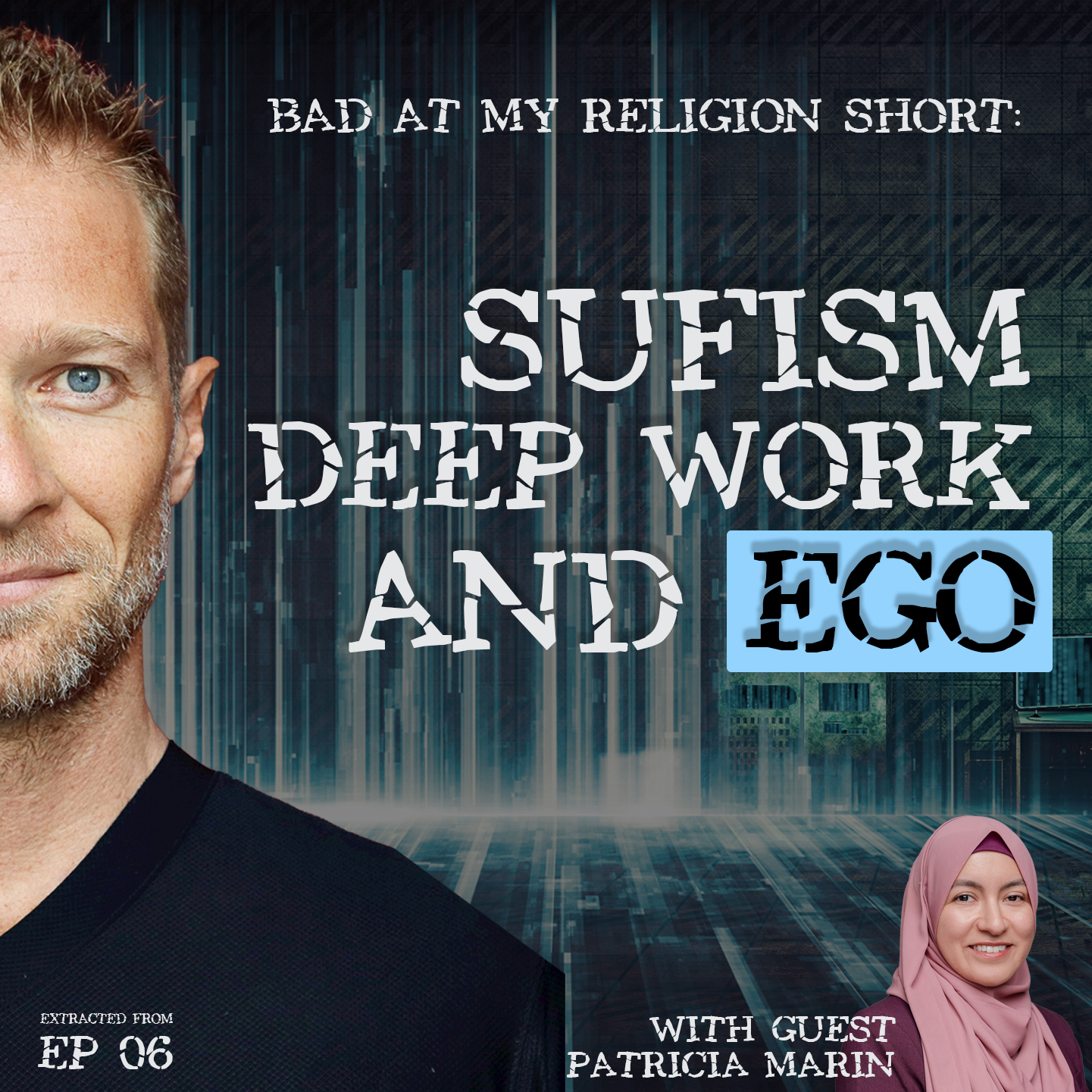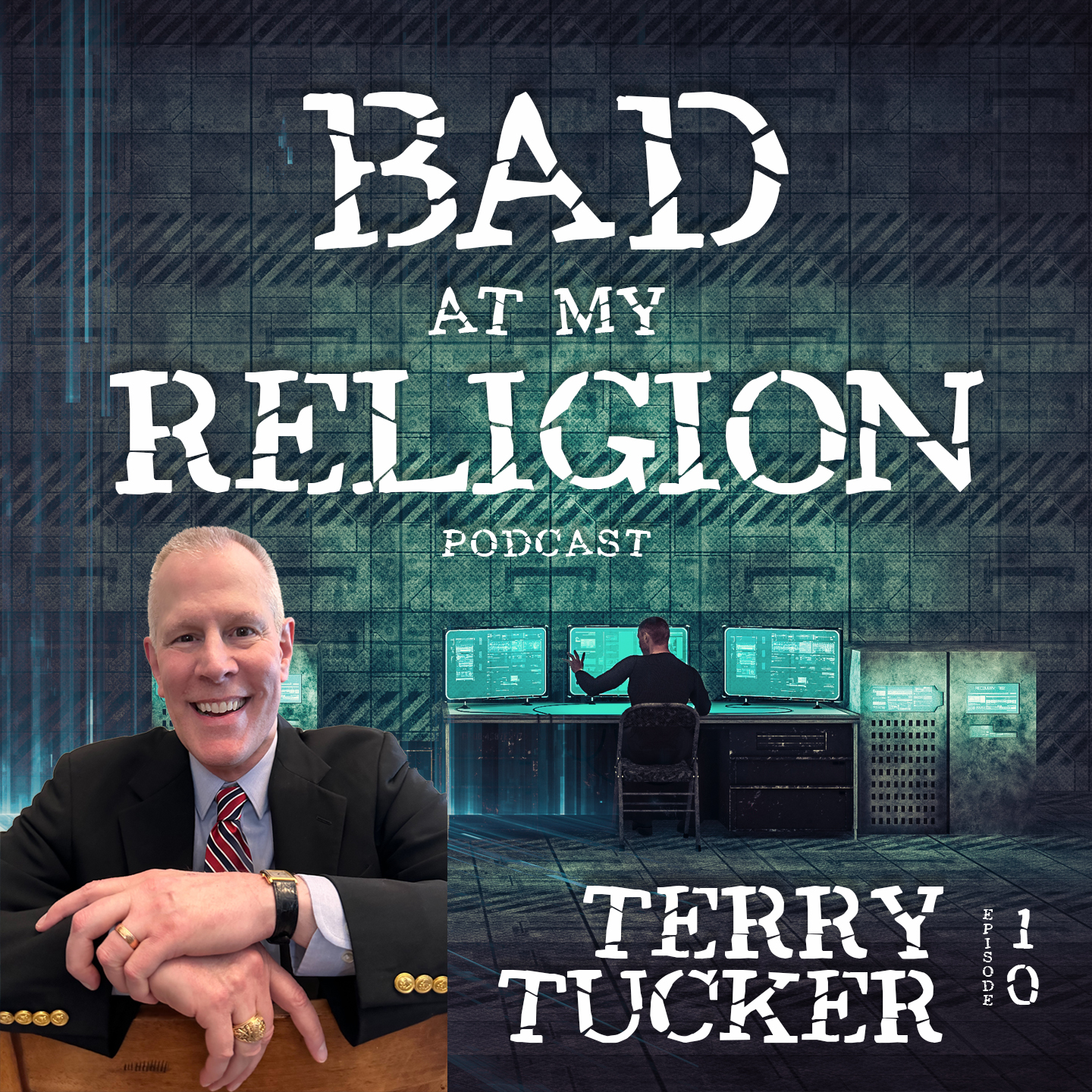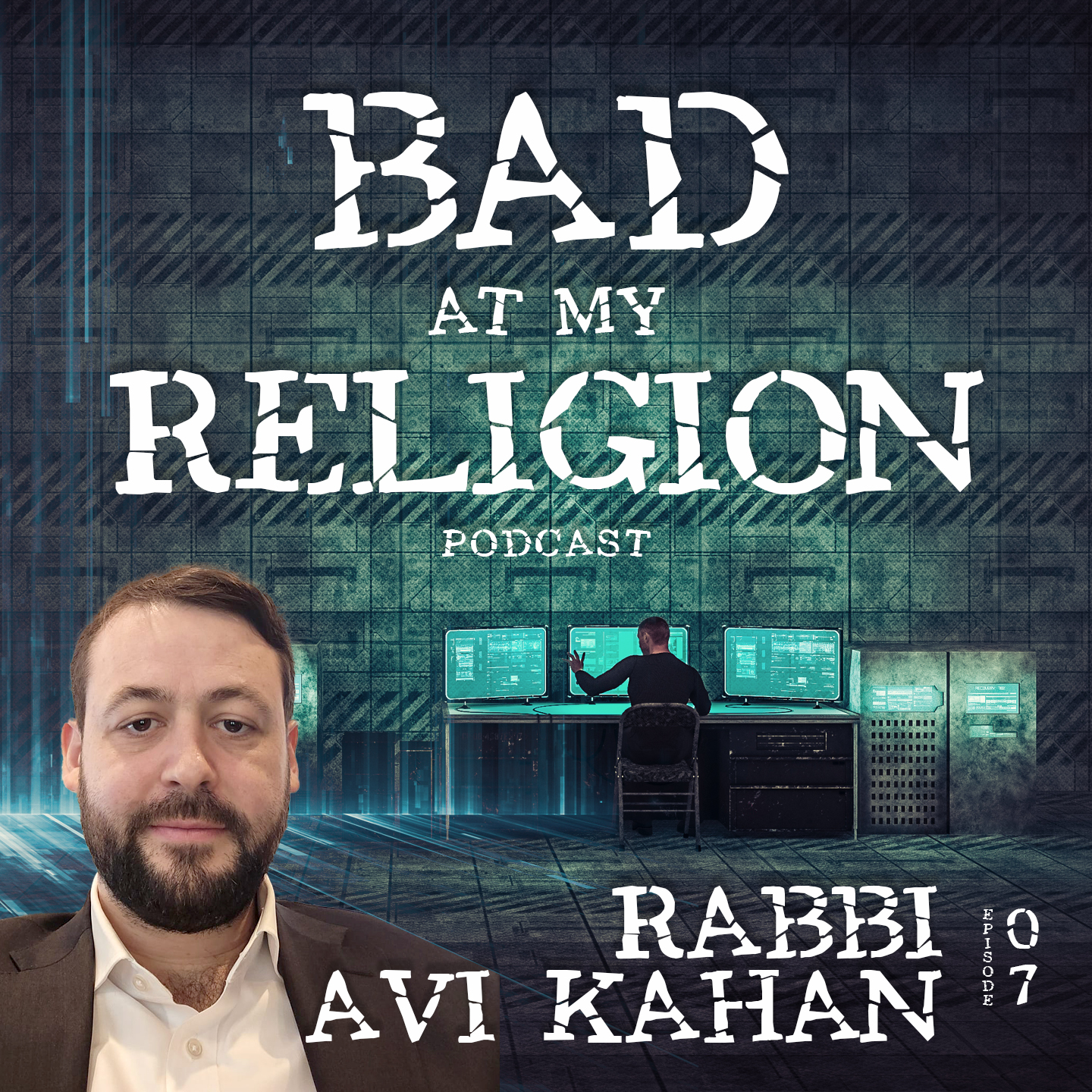Episode Transcript
[00:00:02] Speaker A: What do you think about the idea of the simulation being created by divine consciousness for the purpose of evolving itself to where we are essentially all connected and all part of that one consciousness, which is why mass psychosis is possible, which is why mass awakenings are possible, which is why the collective mind, the hive mind is possible. But to where it's like an eternal evolutionary process that we are part of and our individual. The whole reason why, at the core, why living our purpose is so important beyond. Okay, we need to learn lessons to become more enlightened, to become more like God, to be more purified, but also the lessons that we are here to learn. Like our only purpose, it's like a white blood cell versus a red blood cell. Like, our only purpose is whatever we are put here to do in order to help the collective God consciousness evolve itself.
[00:01:00] Speaker B: Words of things. So the collective conscious. I would differentiate between the. Or differentiate from the God conscious. Okay, so the collective conscience. If, if we're here, sure, we see mass psychosis, we see that many people have the same sixth sense, so to speak. We see that we're able to awaken, you know, the decalcifying of the third eye, all these sorts of things. Telekinesis, telepathy, this, this ongoing awakening that seems as though it's transpiring right now. And it's been probably happened many times in the past. Is that happening collectively? Yes, or seems like it. However, by definition, how can God evolve? That is my definition of God is the ability to create tabula rosa and ex nilo. Additionally, my definition of God is a being that is omnipotent, omniscient and omnipresent. So with those things in mind, how does that evolve?
[00:02:00] Speaker A: Especially if that is it not, I guess, the, the. So the logical question would be, why would it not evolve?
[00:02:06] Speaker B: Because what does the evolution look like then?
[00:02:09] Speaker A: Well, that's, that's the whole form of our enlightenment, right? Of our, our growing as spiritual beings. So if it's, I mean, you can, you can sort of separate. If we are spiritual beings having a human experience in order to become more enlightened as spiritual beings, then on a different level, the things that we do here are impacting the growth and the enlightenment of that being. So in the same way, if you zoom it all the way out to where this God consciousness is constantly creating and it's, it takes a different view of good and evil because it just is. So that's why, you know, you, you look at scriptures or you look at, at Christianese cliches of like, well, God's going to work everything out to good. Well, yeah, because it's just constantly evolving forward. Because the. I guess the question logically that I would have is if God stops creating, then what is the purpose of anything? Then you go back almost to nihilism, where it's like, there's no purpose of any. There's not even a purpose of God's existence because he's not using his ability to create.
[00:03:16] Speaker B: Right.
[00:03:16] Speaker A: If he's omnipotent and he can just continue creating for eternity. And as a creator now, I think every creator can relate to that. It's like you never fear that you're going to run out of something to create. Or as a builder, you never fear that you're going to run out of something to build, right? It's like you don't necessarily think about what you're going to do 20 years from now. You're focused on what you're doing right now. But you know that after this one, something else is going to come up. There's going to be some other inspiration. So why wouldn't God be a sort of similar. And maybe I'm, I'm putting too much of, you know, human aspects onto God. But, but if, if we're made in God's image, which most religions allude to in some form, and really one of the highest ways of expression and growth and learning and understanding and communication is through creativity and, and the construction of something new from nothing, from an idea, why wouldn't God be continually coming up with new ideas?
[00:04:19] Speaker B: Presumably that's rhetorical because it seems highly logical. I agree. It seems highly logical that, that God is creating on an ongoing basis. And so you're right. What does that look like?
[00:04:32] Speaker A: Because otherwise then we, you. You think about like the endless loop of coming back and learning lessons of reincarnation, you know, and from a Buddhist perspective or something. And it's like, well, at the end, once you become an enlightened being, you're still sitting on a cloud. It just doesn't look the same as like sitting on a cloud with a harp, like the, you know, the Christian heaven version of for. For Sunday school. But it's like, well, then your third eye is glowing and like you're just floating in the multiverse. It's the same thing like that. Eventually what's, what's the motive then? To enlighten, to become an enlightened being. If in the end you're just going to stop. Ultimately, I like the idea of God constantly creating and recreating himself itself conscious and that we have a role to play in that. Because then, like, we don't understand eternity. And maybe eternity is nothing that we can even comprehend because of our finite connection to the framework of time.
But within my little human brain, when I think about eternity and I think about sitting on a cloud, or I think about burning in a lake of sulfur, or I think about, you know, becoming an enlightened being floating through the space in a very ethereal way, like, none of that really sounds as appealing as what if we all just like, can choose to be part of God, continually creating and it has no beginning and it has no end and we just. The reason that we're here at this, on this point is simply to figure out what our purpose is and to do that. And when you do that, you make an impact. That then helps the. I think it helps both. I understand what you're saying to like, to differentiate between God consciousness and collective consciousness. Like the, the idea of the super organism, like talks about in, in the Lucifer principle.
[00:06:27] Speaker B: Yep.
[00:06:27] Speaker A: Where it's just like we're all just a big school of fish. And you know, there is a difference between that. But I think ultimately if God is omnipresent, then God being love, God being the God molecule is within every living thing and every non living thing that is made up of the same atoms.
[00:06:46] Speaker B: Yep.
[00:06:47] Speaker A: So then it really is the whole system evolving itself and in some way that I don't think we're ever really going to be able to understand, but we can understand the parts that we can grasp as humans. From whatever perspective, whether someone grows up in Asia or Saudi Arabia or East Tennessee, like, to. To put God in the center of that and say, okay, this is my framework and I'm going to be the absolute best Muslim, Christian, Hindu, Buddhist, Scientologist, whatever that I can possibly be. I think that would actually make a positive difference.
You're listening to the Bad at my Religion podcast, hosted by Josh Gold.
[00:07:30] Speaker B: Like and subscribe.


